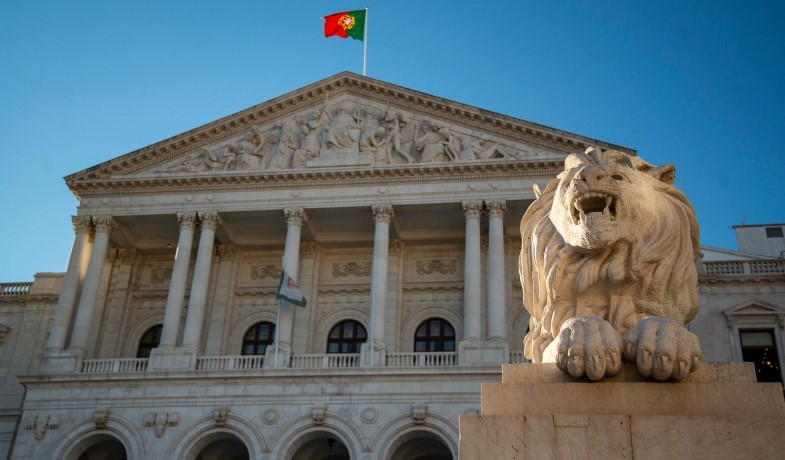
In a highly-anticipated Portuguese parliamentary session this week, the legislative body rejected a proposal from the Communist Party to end the country’s popular Golden Visa program, a residency-by-investment program that brought in nearly €7 billion of investments to Portugal since its launch in 2012.
However, in this week’s parliamentary session, the majority Socialist Party rejected the Communist party proposal, with the government deciding instead to create a working group made up of the ministries of Economy, Foreign Affairs and Internal Administration, to assess the impact of the program on the country and its economy and help decide on the way forward for the program.
“This means that although the program is under revision, the Government, by itself will not be able to introduce any amendments to the relevant law during 2023,” explains Sara Sousa Rebolo, partner at Lisbon-based Prime Legal.
“However, one must note that this does not prevent the [parliament] to legislate about the program during 2023. The Socialist Party currently has an absolute majority, with a mandate until 2026, so there’s no possibility of dispute when it comes to the voting.”
In other words, all cards are in the hands of the Socialist Party when it comes to any legislation put on vote in the Parliament, including all matters and future decisions relating to the Golden Visa.
“The government doesn’t want to end the program,” says Tiago Gali Macedo, managing partner at Gali Macedo & Associates. “They just want to focus it on more productive investments like funds, companies, productive real estate, etc.”
The Portuguese Golden Visa has been incredibly beneficial to the country’s economy, explains Diogo Capela, co-managing partner at Lamares, Capela & Associados. “The Portuguese Golden Visa was created in 2012 as a response to the financial crisis Portugal was facing,” he explains. “There were numerous benefits that the program has brought to Portugal, top of them is the huge amounts invested in the country, totaling more than €6 billion of foreign direct investment so far,” says Capela.
“Since its launch, Golden Visa Portugal has had a huge support, with about 11,263 investors and 18,479 family members benefiting from it,” he adds.
The Portuguese Prime Minister’s statements on the Golden Visa
Earlier this month, the parliament’s Prime Minister Antonio Costa had said the program is ‘no longer justified’, sparking fears that the program’s end is in sight. Is this still the case?
“I believe the Prime Minister’s statements may have been excessive, possibly the result of media pressure in the face of recent news about some cases of social support obtained by Golden Visa holders, as well as cases of real estate pressure in large urban centers,” predicts Rebolo.
“Notwithstanding, we also believe that the program must have changes and improvements, as well as a more environmental and social character as those needs are now very clear. These are also the hot matters that EU is concerning in addressing so there is room to achieve a compromise solution that allows using this instrument to attract investment as a tool to respond to these needs,” she adds.
Backlog for Golden Visa investors resolved?
Being one of the most popular residency-by-investment programs in Europe, the Portugal Golden Visa program has been suffering a backlog that meant that new applicants can anticipate a processing time of nearly 18 months – is this going to continue to be the case in 2023?
“Currently the Portuguese Government is also moving forward with the restructuring of the Immigration Office, also adopting measure to reduce the backlog that all the immigration programs are suffering,” reveals Rebolo.
“Such improvements and measures will also solve the delay in the processing of the applications under the Golden Visa program,” she expects.
The delay of issuing the visas and processing the applications is offset by the many perks it offers, according to Rebolo, including ‘the flexibility that the program allows, by requiring only 7 days a year to stay in Portugal, without tax impact and with access to the application for Portuguese citizenship and therefore European citizenship for the investor and direct family, through different investment options starting from €200,000.


